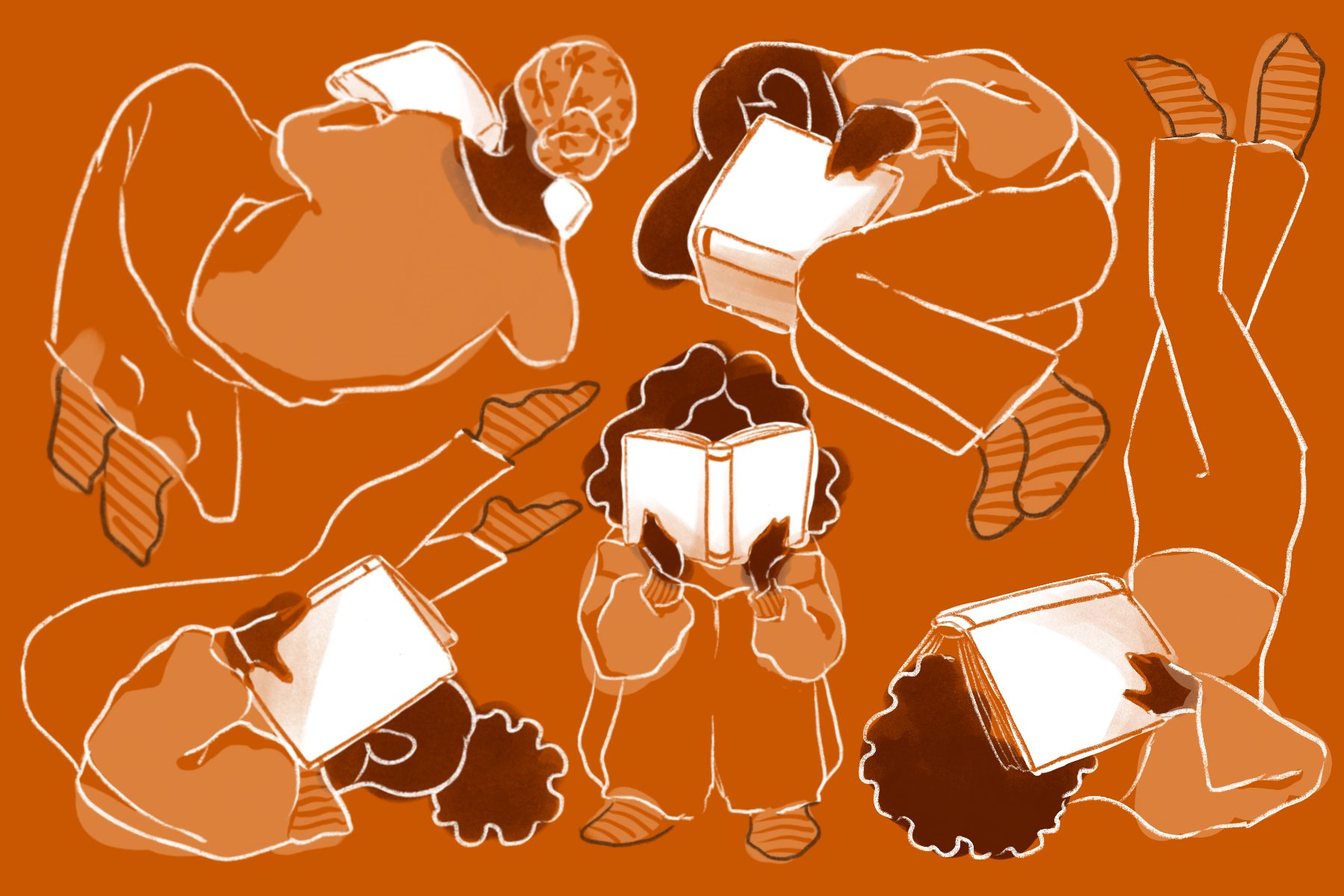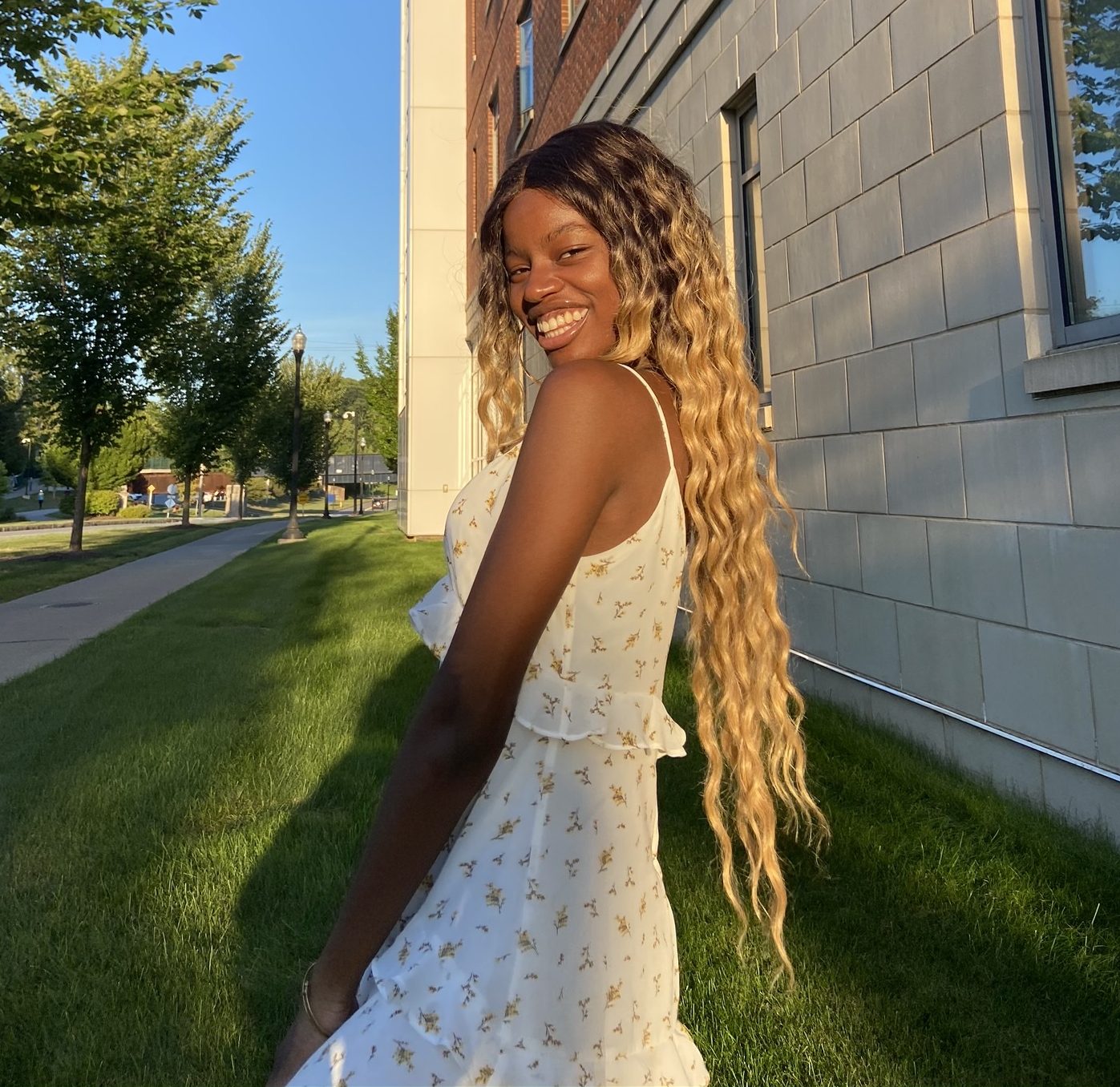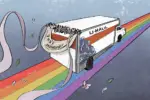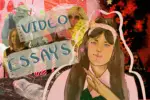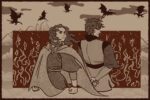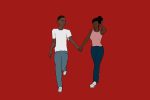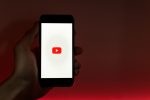COVID-19 took away so much for so many around the world, and when the world went on lockdown, people needed to find a way to connect. So, when you can’t do, create! This led to the large influx of people on TikTok, Patreon and YouTube.
With the new, urgent need to escape from reality, it was almost natural that people turned to new YouTube videos as a source of entertainment; even better than that, though, they turned to books. But with the rise of creators and what is now a large BookTube community, what does it mean to be a Black BookTuber in these spaces where visibility isn’t guaranteed? What does it mean for these audiences that can be influenced by diverse voices but are never given the opportunity to?
What Is Booktube?
BookTube is a niche community online that talks about books. From book reviews, to bookshelf tours, to makeup-inspired looks based off of book covers, it’s a fun and vibrant place to be. For creators and readers alike, BookTube is a community that wants to share its love of reading with the world. Especially during a time when social distancing is in place, it can be a perfect space to come to when you’re missing your in-person book clubs. However, despite BookTube being a very niche community, it is not at all small. It has thousands of followers and the biggest BookTuber has over 400,000 subscribers.
Although many find it difficult to discuss the lack of visibility for Black creators on YouTube, for BookTube, it seems even more drastically so. Naya from channel NayaReadsandSmiles is the biggest Black BookTuber at the moment with a startling 80,000 subscribers; but for someone who has been on YouTube for over six years, she should have a lot more. Based on other non-Black creators who have similar content, have been on YouTube for the same amount of time and have similar posting schedules, many Black BookTubers should be doing just as well if not better, but they aren’t.
Now for the most part, it’s because YouTube’s algorithm doesn’t push forward these voices. No matter how many Black YouTubers or BookTubers I follow, non-Black creators are promoted on my feed more frequently. Scientific American said: “YouTube’s algorithm’s will push whatever they deem engaging and it appears they have figured out wild claims as well as hate speech and outrage peddling can be particularly so.” Although these other creators fall under none of these more drastic categories, it says something when Black BookTubers aren’t deemed as “trendy” as their white counterparts when they produce similar content and have been on YouTube for the same amount of time.
On the other hand, as much as BookTube has a very clear image of who represents their community, publishing and the general book community reflects that image as well. In her video “Being Black On Booktube || A Discussion *my experience,” Naya discusses how an interview hosted by YouTube with Michelle Obama for her book “Becoming” chose predominantly white BookTubers.
Their defense was that they chose people with more followers. Naya argued that she has received opportunities when her numbers were really low; furthermore, Michelle Obama doesn’t need the numbers, so why didn’t they invite more Black women to not only represent what Michelle Obama stands for — as someone who has always dedicated her life to giving back to the Black community — but to women who could relate or benefit more from the experiences of meeting Michele Obama in this underrepresented space?
There was a quote from this same video by India Hill Brown (Books and Big Hair) that said, “It’s not about subtracting white or replacing white BookTubers, [it’s making sure that all people are represented, especially Black creators]. So if there are three white BookTubers there need to also be three people of color.” But so often I see Black BookTubers without sponsorships or meaningful opportunities, especially compared to their white counterparts in the BookTube community. So when the algorithm isn’t pushing these creators, and when the book community is not making the effort to promote them either, it begs the question, what does it mean to actually be a Black creator in this space?
Diversity on BookTube
In the more recent months, an online book company called BookOutlet has been called out for not supporting Black lives during the Black Lives Matter movement, as well as implying that Black people are not family-friendly. Naya from NayaReadsandSmiles canceled her contract with them over this and spoke up about the way companies choose her for events because of her lighter skin tone but refuse to work with other darker skin and Black BookTubers.
Jesse from Bowties and Books emphasized that BookOutlet showed their true colors, made even more evident when other Black BookTubers showed receipts of tone-deaf responses given to them by the company as to why they wouldn’t work with them. They noted that these experiences aren’t new, but this is the first time people are listening to them. And a part of that is because it was trending.
To see the way Blackness has been capitalized upon in the community has been more harmful to Black creators than anything else. Black creators deserve the time and attention just as any other BookTuber on the platform because they too make quality content and speak with passion. However, Jesse from Bowties and Books talked about how they didn’t feel like they could celebrate a subscriber milestone because they felt that those same subscribers wouldn’t be there after Black Lives Matter stopped trending; now that #BlackLivesMatter is no longer trending, it’s up to the audience to decide who they’re going to support and why.
It is important to support Black BookTubers — not because they’re Black but because you like their content, because you value their opinions and because you like the books they read. They are on the same level as any other BookTuber and their following deserves to reflect that. Diversifying your media intake means diversifying your opinions and by “reading more widely, we can accept more widely.”
What needs to happen is Black BookTubers need to be pushed in the algorithm, and active efforts need to be made on both sides (both companies and audiences) to seek out Black BookTubers and creators. It doesn’t take much to subscribe, but it takes effort to engage and interact with the content and we want to be able to grow these very valuable and influential communities. Moreover, as much as the book world and publishing world can be very tone-deaf in regards to including diverse voices, that does not mean that diversity does not exist.
So support Black authors and stories — and not just the ones rooted in combating racism and overcoming struggle: Read stories about Black men and support Black male creators and authors as well. Read and support Black nonbinary people and trans people. And buy from Black-owned bookstores because the more support they get will enable more support for those promoting them in the BookTube community.
Audience
Overall, as an audience we are always influenced by the media we interact with, by the books we read and by the people we see and engage with on a day-to-day basis. It goes beyond supporting Black lives in the streets but supporting Black people every day in all facets of life. It’s also so important that we can create this space not just for creators but for younger audience members who are just starting to explore YouTube. To have someone that looks like them and likes the things they like means they can have someone to look up to on the platform. By giving these creators exposure, we’re allowing younger audiences to understand they are not alone in this space. We should want to be able to create that level of comfort for future generations to come.
We also want to be able to promote more diverse voices in literature for the same exact reasons. But it goes beyond understanding that things must change on BookTube, but that it’s something that can be applied to all social media apps and platforms. So when you have the time and are on BookTube, YouTube, Instagram or TikTok, seek out more diverse voices and support diverse creators. In the end, it shouldn’t be left up to the big companies to have a say in what we as an audience watch or who we support; as the consumer, it’s up to us to show them that we want more than diversity — we want inclusivity in all spaces.
To get you started, here are a few of my favorite Black BookTubers:
Bowties and Books
NayaReadsandSmiles


